
Prime Minister Pham Minh Chinh answers questions from listeners in the dialogue section.
At the Rigg Ancient Library in the University, President Joel Hellman welcomed Prime Minister Pham Minh Chinh and the high-ranking Vietnamese delegation to the school; emphasizing: this is the first time a Vietnamese Prime Minister has visited the school. We are living in an era with many unstable factors, strongly developing countries like Vietnam have an increasingly important voice in the international arena, especially in responding to climate change and epidemics. Today's exchanges are an important foundation for forming future policies; hopefully the sharing of the Vietnamese Prime Minister will have a positive impact on the younger generation.
Speaking, Prime Minister Pham Minh Chinh expressed his emotion at coming to this hall of the University, getting to know many successful Asians from the school, including many Vietnamese students; and sincerely thanked the school for its contributions to countries around the world , including Vietnam.
The Prime Minister raised major issues: peace, cooperation and development are still the main trend, accordingly, economic relations, investment, trade, tourism, and family visits are developing strongly; the Fourth Industrial Revolution with green transformation, digital transformation, and innovation opens up new opportunities, with human intelligence being limitless. Along with that, we are facing a difficult time, after World War I and II, the world entered the Cold War; after the Cold War, there was a period of relative stability in the world, multilateralism was promoted, so international cooperation was developed, and trade agreements were strengthened. That peaceful period contributed to the development of the world, including the United States and Vietnam.
Strategic competition, geopolitics, armament, and extreme nationalism are on the rise; the world is generally at peace, but there are wars in some areas; overall peace, but there are conflicts in some areas; cyber security is becoming more complicated. The world economy is witnessing many headwinds.
The World Bank has issued a warning about a lost decade, the energy crisis is present, oil prices are rising, there are many political factors, not purely market factors; the same goes for rice prices, if prices increase and we make them increase further, for example, Vietnam, for profit, can stop exporting to gain more profit, but Vietnam is a responsible member of the international community, so it still exports rice to stabilize world rice prices, ensuring food security. Vietnam chooses the right path of peace, cooperation and development. Currently, Asia-Pacific is the center of attention.
The recent East Asia Summit held in Indonesia issued a joint statement identifying ASEAN as the center of growth, and Asia-Pacific as a dynamic and creative economy. Sovereignty and territorial disputes, many non-traditional security challenges, and loss of control are not excluded…
The world is changing in an unprecedented, complex, and unpredictable manner, posing safety and security issues for the country, its people, and its territory. There are many global, national issues such as the recent Covid-19 pandemic. No country is safe while another country is still suffering from a pandemic.
According to the Prime Minister, global, nationwide problems can only be solved with global, nationwide solutions; they must be solved by promoting multilateralism and international solidarity. The Prime Minister gave an example of the recent Covid-19 pandemic, in which rich countries had to create conditions for poor countries to access Covid-19 vaccines, thanks to which the pandemic was controlled. Therefore, rich countries must help poor countries, rich people help poor people, healthy people help sick people.
We must proactively adapt and respond flexibly to solve global problems; seize opportunities, resolve challenges, and pursue the goals of peace, cooperation, and development. Vietnam is implementing the second option in its own way.
Regarding Vietnam's major goals and policies, the Prime Minister stated that Vietnam is a country that has suffered the most from war. The world did not understand for a while, so Vietnam was besieged and embargoed. Vietnam had to endure the most difficulties. From that, we can see that the more pressure the Vietnamese people face, the more they strive, do not give up, taking the goal of a rich people, a strong country, a democratic, fair and civilized society as the general goal. Thereby, Vietnam draws lessons to do better in the coming period: firmly follow the path of the goal of moving towards socialism; the revolutionary cause belongs to the people; solidarity, great solidarity within the Party, the entire people, the entire nation, international solidarity; combine the strength of the nation with the strength of the times, the strength at home and abroad.
To date, Vietnam-US trade relations have reached 123 billion USD in 2022. Without a good political foundation, such a well-developed trade relationship would not have been possible. The Party's correct leadership is the decisive factor in the victory of the Vietnamese revolution. To achieve such a great goal, Vietnam must promote the policy of industrialization and modernization of the country; build a socialist-oriented market economy.
Vietnam must consult and learn from international experience. Vietnam takes independent and self-reliant economic development, proactively and actively integrates deeply and effectively into the international community; takes internal resources as decisive, external resources as breakthrough. Vietnam must build a socialist democracy to promote the strength of national solidarity, respect democracy to maximize the intelligence of all people; must build an advanced culture imbued with national identity, culture is an endogenous strength, "when culture exists, the nation exists, when culture is lost, the nation is lost", "culture lights the way for the nation to go"; build a socialist rule-of-law state, all people participate in building institutions.
Vietnam builds an independent, self-reliant, diversified, multilateral foreign policy; is a good friend, a reliable partner, and a responsible member of the international community; firmly ensures national defense, security, independence, sovereignty, and territorial integrity; builds a solid national defense and security posture, and national defense; persistently implements the "4 no's" defense policy; builds a clean and strong ruling Party, and promotes the fight against corruption and negativity.
Throughout this process, Vietnam takes people as both the center and the subject, goal, driving force, and resource for development; does not sacrifice progress and social justice to pursue mere economic growth; does a good job of social security work with the spirit of helping disadvantaged areas, the rich helping the poor... Along with that, Vietnam promotes 3 strategic breakthroughs, including a breakthrough in institutional improvement; a breakthrough in strategic infrastructure in general; and high-quality human resources.
Practical results show that when Vietnam carried out the renovation in 1986, at that time, the Vietnamese economy was only 4 billion USD, with an average per capita of around 100 USD. By 2022, the average per capita will be over 4,000 USD, GDP will be over 400 billion USD; Vietnam will ensure macroeconomic stability, control inflation; public debt, government debt, and foreign debt will be under control; Vietnam's brand value will achieve a high growth rate; political security will be maintained...;
Vietnam has signed 16 FTAs, actively participated in international issues, actively integrated into the world; participated in the United Nations peacekeeping force, demonstrating a sense of responsibility to the international community. Vietnam is considered by the United Nations as a model for implementing the Millennium Development Goals.
Vietnam identifies more difficulties and challenges than opportunities and advantages, but is always steadfast and persistent in basic principles, has the courage to respond appropriately, and prepares resources for appropriate handling. We are very proud of the tradition of bilateral relations, especially since 1975 when we had to overcome the pain of war, put the past behind us, and look to the future for peace, cooperation and development. Recent US Presidents have all visited Vietnam. In terms of economy, the US ranks 11th among countries and territories investing in Vietnam, of course this number is not commensurate with the US's potential; cooperation in science, technology and education is still a bright spot in bilateral relations. We are doing a good job of connecting education, science and technology.
According to the Prime Minister, to quickly and sustainably realize the Vietnam-US Comprehensive Strategic Partnership, we need to discuss carefully but first of all, there must be trust; the new framework requires us to have a new approach, concretizing it into specific projects and programs. In that spirit, the Prime Minister said that the two sides need to focus on concretizing the upgrading of the relationship to a Comprehensive Strategic Partnership for peace, cooperation and sustainable development into specific strategies, programs, action plans, projects, and business cooperation activities, focusing on the following main contents:
Continue to pay attention and prioritize resources to realize the commitments in the Joint Statement on upgrading bilateral relations. We hope that the United States will support Vietnam to successfully implement three strategic breakthroughs in institutional improvement, human resource development, and building a synchronous and modern infrastructure system; thereby contributing to realizing the orientation of building "a strong, independent, self-reliant and prosperous Vietnam" as desired by both sides.
Enhance mutual understanding, build and consolidate political trust between leaders, politicians and people of the two countries. Increase high-level exchanges and contacts more frequently, between parliamentary channels, between political parties, expand exchanges and dialogues in areas of mutual interest; further promote local cooperation and people-to-people exchanges.
Continue to consider economic - trade - investment cooperation as the main driving force and "eternal engine" to promote bilateral relations. In particular: The United States will soon promote the roadmap to recognize Vietnam's market economy status and further open the market to Vietnamese goods on the basis of ensuring balance, equality and mutual benefit. The two sides will continue to consolidate and improve the effectiveness of the implementation of the Trade and Investment Framework Agreement (TIFA) to promote specific areas of cooperation, enhance connectivity between the two economies and promptly resolve arising problems.
The United States is more interested in and provides practical support for Vietnamese enterprises to access advanced technology, modern management, develop digital economy, green economy, circular economy, and meet international standards; encourage and facilitate US enterprises to invest in developing large projects, especially in manufacturing industry and expanding supply chains in Vietnam. For its part, Vietnam is ready to exchange and coordinate to create favorable conditions for US economic, trade and investment cooperation in Vietnam.
Quickly complete new cooperation frameworks as a basis to promote and deepen cooperation. Identify science, technology and innovation as breakthrough and limitless fields, as President Joe Biden stated. Focus on priority and key areas: digital technology platforms, semiconductor ecosystems, artificial intelligence applications, energy conversion, biotechnology, healthcare, pharmaceuticals; training students and high-quality human resources, etc.
The two sides continue to cooperate effectively in defense and security; continue to promote overcoming the consequences of war as a bright spot in cooperation between the two countries. Vietnam is ready to play a bridging role in promoting multifaceted cooperation between ASEAN, between the Mekong Sub-region countries and the United States and other partners; contribute to common efforts in mediation, dialogue, and peaceful resolution of disputes. The two countries need to actively contribute to the dynamic, open, and inclusive development of the Asia-Pacific and Indian Ocean regions; closely coordinate within ASEAN, APEC, and the United Nations to address global challenges such as climate change, energy security, food, water resources, and healthcare.
Strengthen information and communication, and implement the policy of national reconciliation. At the same time, the two sides need to strengthen cooperation in promoting and protecting human rights, in accordance with the constitution and international commitments of each country, promoting mutual understanding and minimizing differences.
The Prime Minister stated that in the coming time, Vietnam-US relations need to aim for increasingly deep, substantial and effective development, commensurate with the new framework, practically meeting the interests of the people of the two countries, for peace, stability and development of the region and the world; cooperation does not harm countries.
Looking back over the past 30 years, the Prime Minister deeply believes that in the coming decades and beyond, with determination, trust and sincerity, the relationship between our two countries will continue to be strengthened and nurtured; future generations of the two peoples will always be good and sincere friends of each other.
The Prime Minister concluded his speech today with a quote from US President Abraham Lincoln: “Always remember that your own determination to succeed is more important than any other.”; your success is our success and vice versa.
On this occasion, the Prime Minister answered many questions from the audience. In response to questions about upgrading relations between Vietnam and the United States, the Prime Minister reaffirmed Vietnam's foreign policy and emphasized that upgrading relations between the two countries depends on the interests and wishes of the people of the two countries; in addition, the Prime Minister also answered questions related to the world situation, Vietnam's foreign policy and viewpoints; the issue of combating climate change; strengthening educational and training relations between the two countries, etc.
Source



![[Photo] Party and State leaders attend the special art program "You are Ho Chi Minh"](https://vphoto.vietnam.vn/thumb/1200x675/vietnam/resource/IMAGE/2025/5/18/6895913f94fd4c51aa4564ab14c3f250)

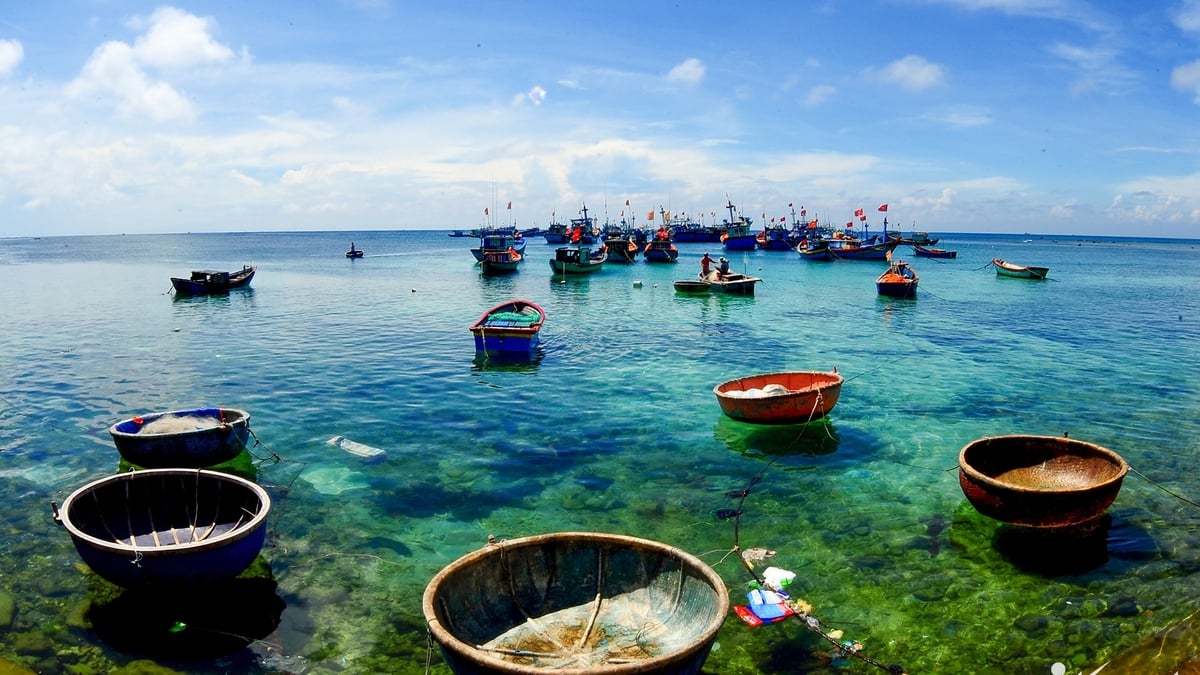
![[Photo] Party and State leaders visit President Ho Chi Minh's Mausoleum](https://vphoto.vietnam.vn/thumb/1200x675/vietnam/resource/IMAGE/2025/5/19/d7e02f242af84752902b22a7208674ac)
![[Photo] Special flag-raising ceremony to celebrate the 135th birthday of President Ho Chi Minh](https://vphoto.vietnam.vn/thumb/1200x675/vietnam/resource/IMAGE/2025/5/19/1c5ec80249cc4ef3a5226e366e7e58f1)
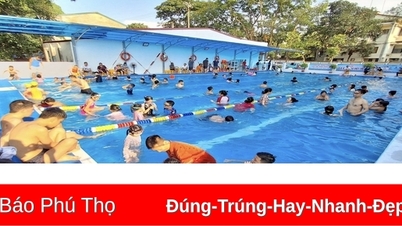





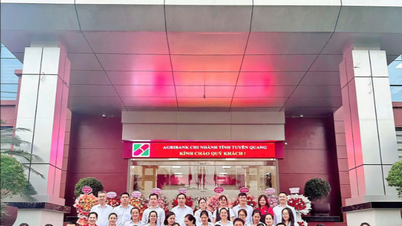

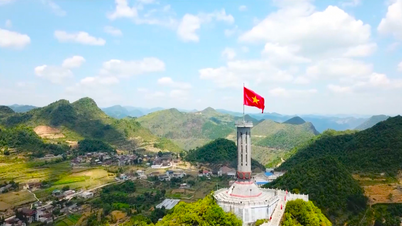
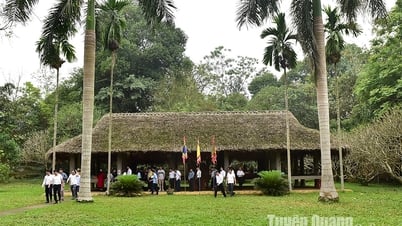

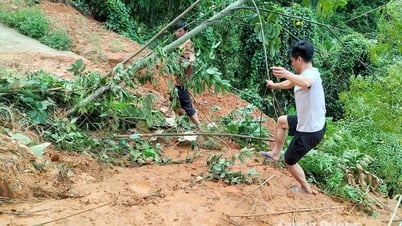
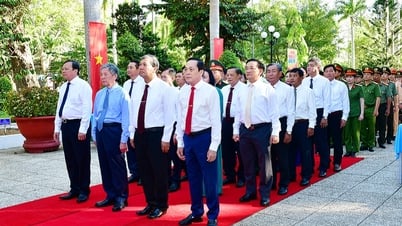
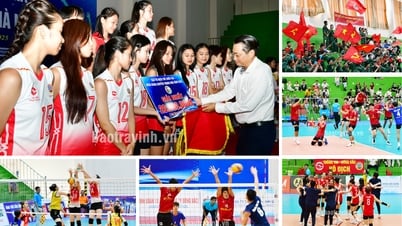
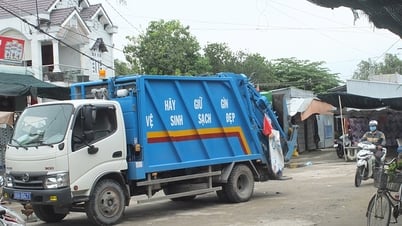
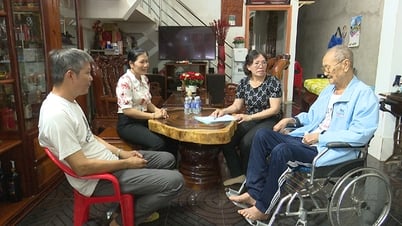




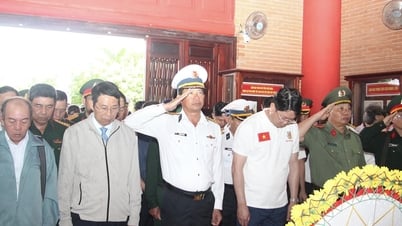
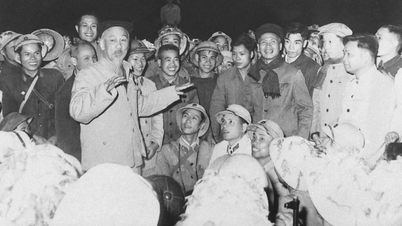


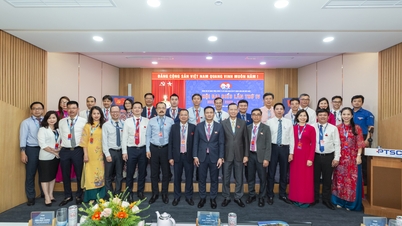

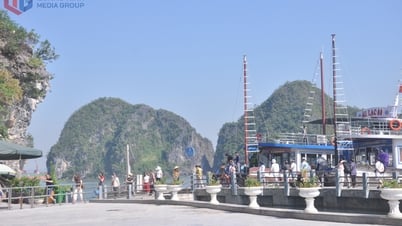














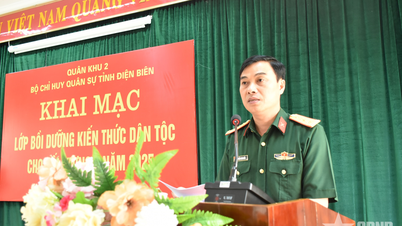




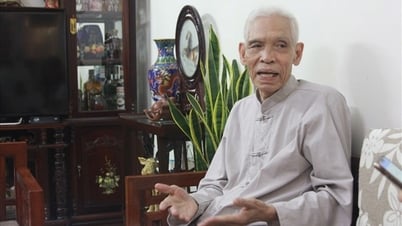

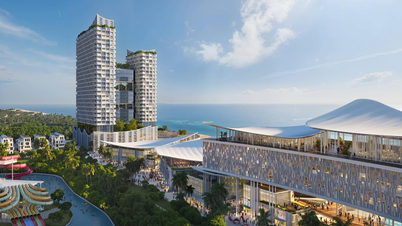

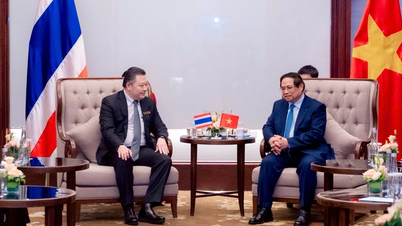
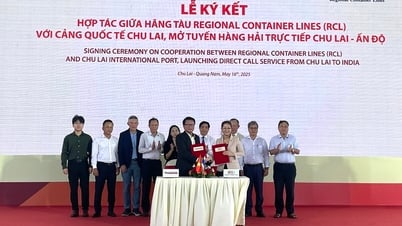




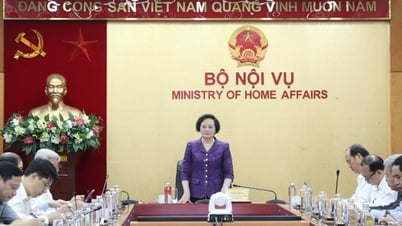

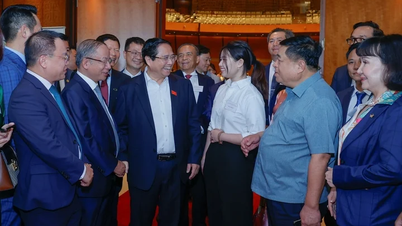



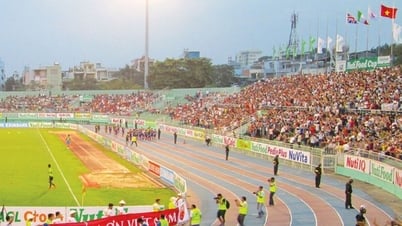
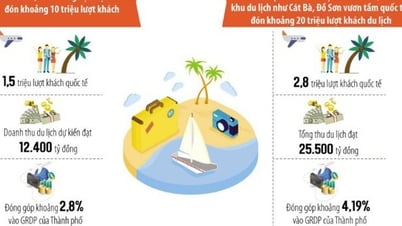
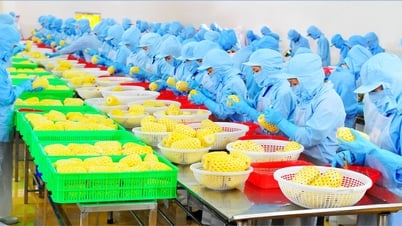

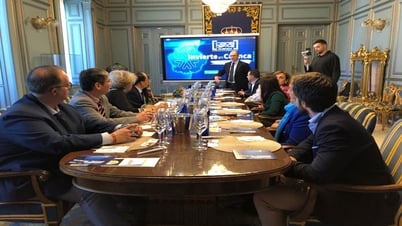
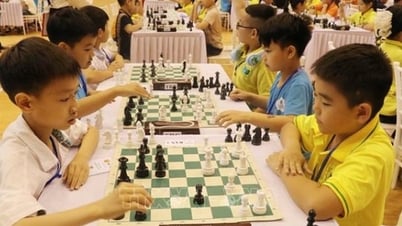
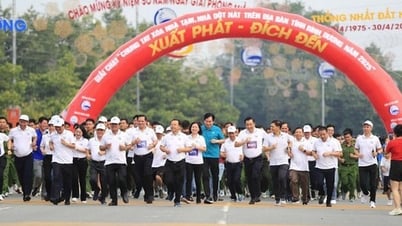
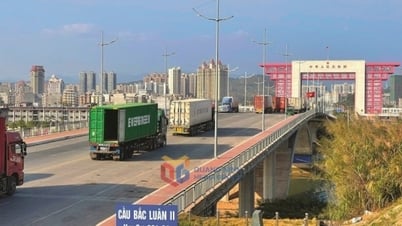
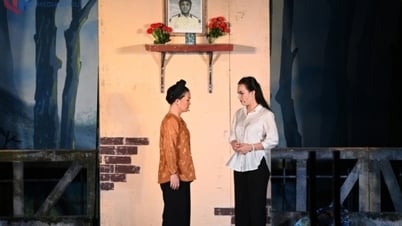


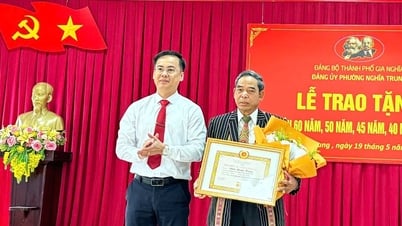

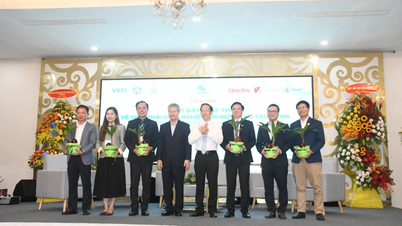

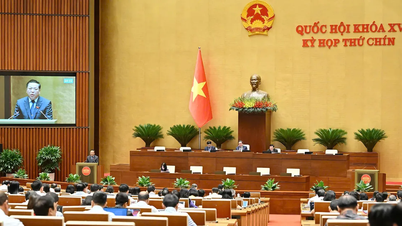










Comment (0)